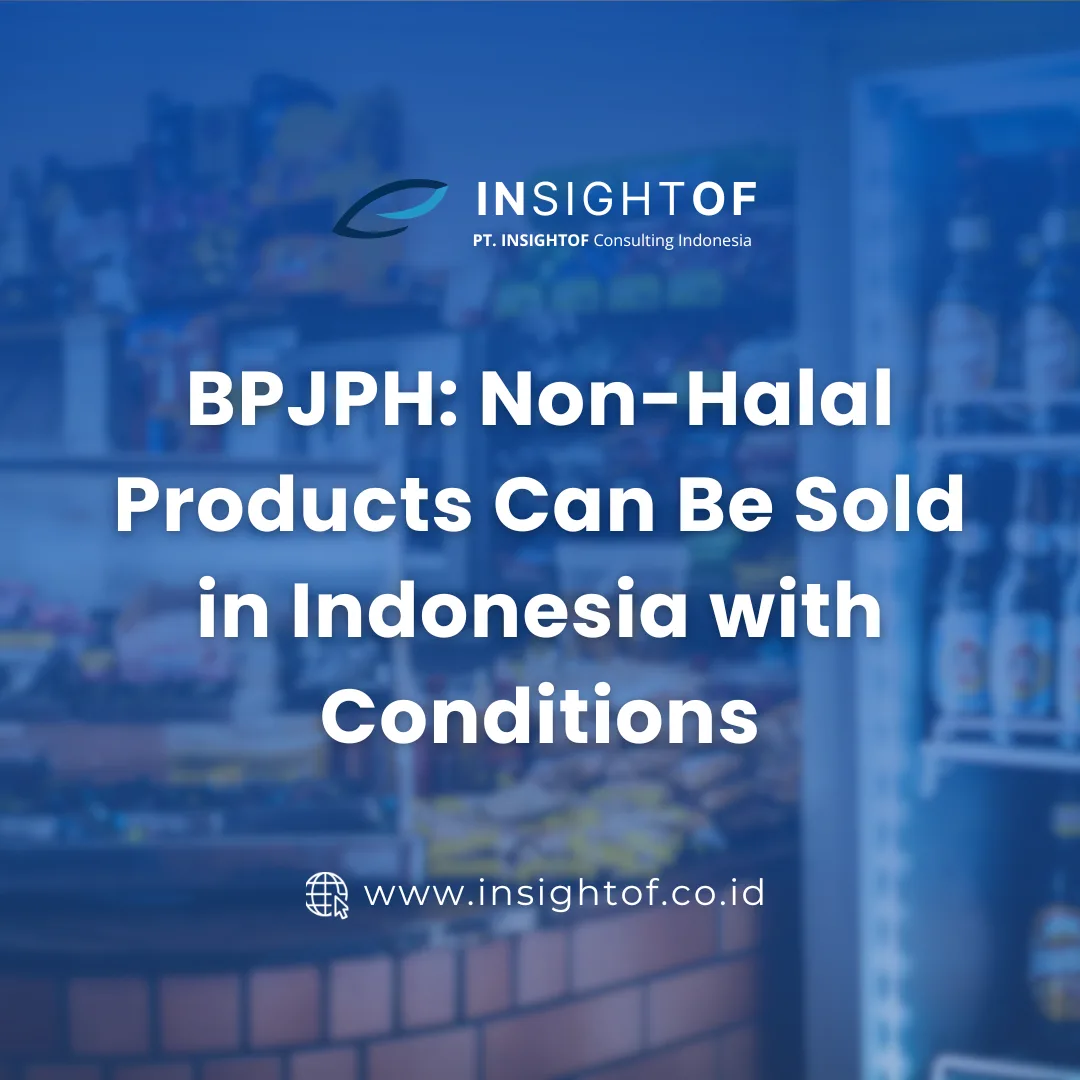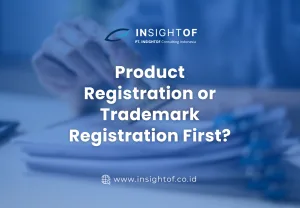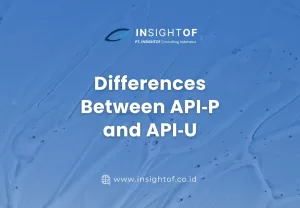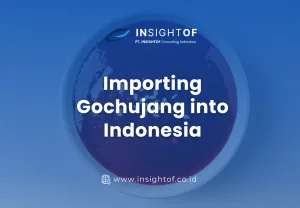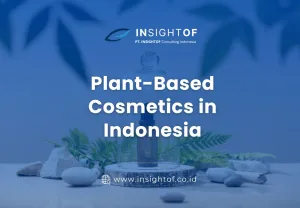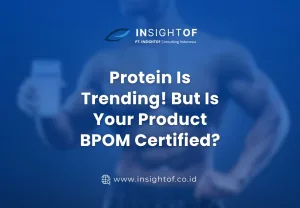
The Head of the Halal Product Assurance Agency (BPJPH), Haikal Hassan, announced that businesses may market non-halal products in Indonesia under specific conditions during a press conference held in Jakarta on November 1, 2024.
Non-Halal Products Can Be Sold in Indonesia
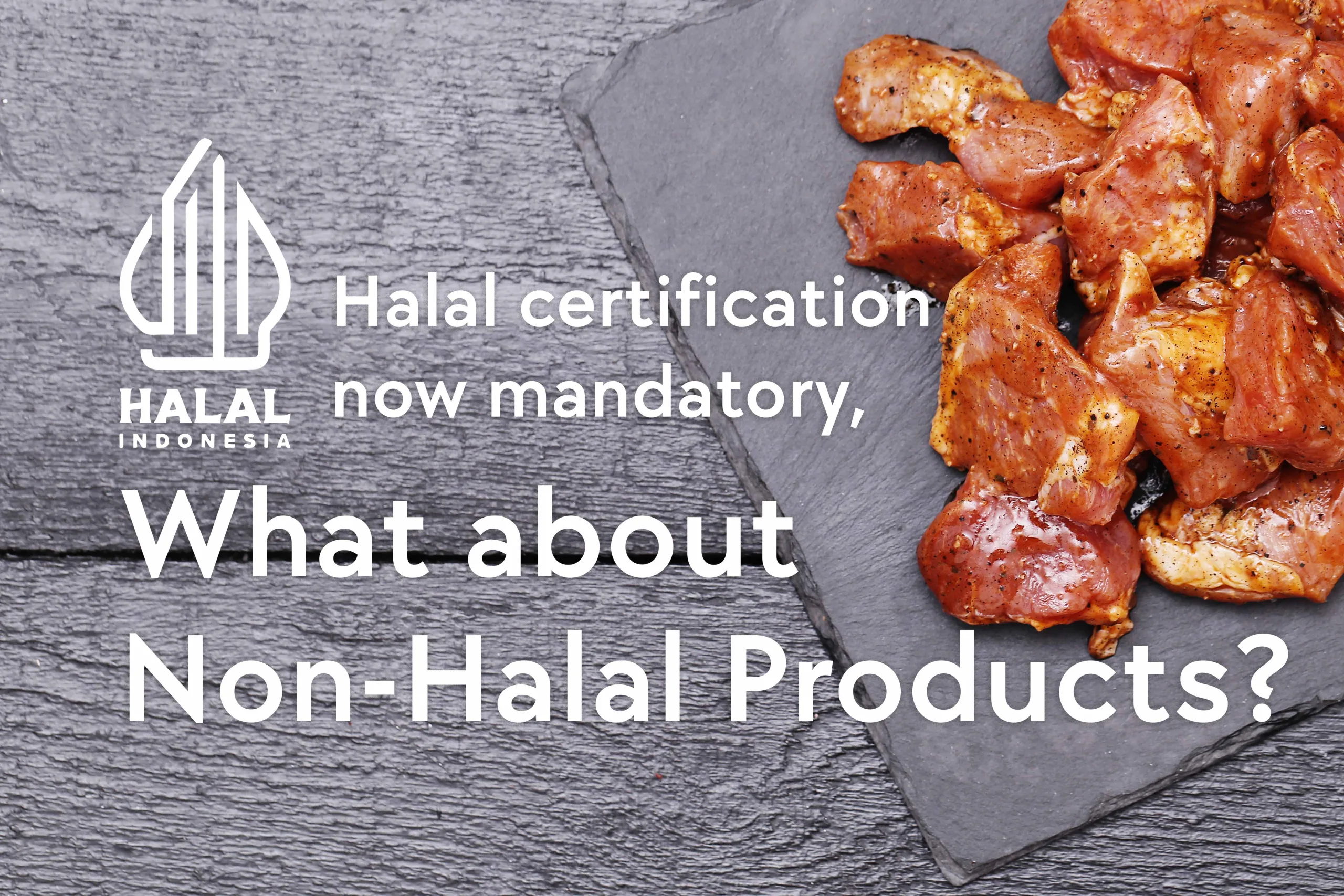 During a press conference in Jakarta, Haikal Hassan, has clarified that non-halal products are permitted to be sold within the country. However, businesses must adhere to specific regulations. According to Indonesia’s Law No. 33 of 2014, Article 4, all products distributed and traded within the country must have halal certification, ensuring compliance with specific guidelines. However, Government Regulation No. 42 of 2024, Article 2, Paragraph 2, makes an exception for products containing prohibited ingredients, exempting them from mandatory halal certification.
During a press conference in Jakarta, Haikal Hassan, has clarified that non-halal products are permitted to be sold within the country. However, businesses must adhere to specific regulations. According to Indonesia’s Law No. 33 of 2014, Article 4, all products distributed and traded within the country must have halal certification, ensuring compliance with specific guidelines. However, Government Regulation No. 42 of 2024, Article 2, Paragraph 2, makes an exception for products containing prohibited ingredients, exempting them from mandatory halal certification.
He further explained that while Indonesian law mandates halal certification for most products, there are exceptions for those containing prohibited substances. In such cases, businesses must explicitly state that the product is non-halal.
Hassan stated, “Food must be halal, but what about non-halal products? Well, they can also circulate in Indonesia. As long as they have a label indicating whether they are halal or not, that’s all that matters.”
Mandatory Labeling for All Products
Hassan emphasized that all products, whether halal or non-halal, must clearly display their halal status on their labels. This transparency is essential for consumers to make informed choices. Haikal emphasized that all food and non-food products, regardless of their halal status, must display clear information on whether they are halal or non-halal.
“Businesses can sell non-halal products in Indonesia, but they must label them properly. That’s the only requirement,” Hassan states.
Legal Consequences for Misleading Labels
Hassan emphasized that businesses must accurately list all ingredients in their products. Hassan warns businesses that failing to provide accurate ingredient information on non-halal products will face criminal charges for fraud. Businesses must ensure complete transparency about their product contents. Any discrepancy between listed and actual ingredients considered grounds for legal action on fraud charges.
Sources:
BPJPH: Pemasaran produk nonhalal dibolehkan dengan ketentuan – ANTARA News

